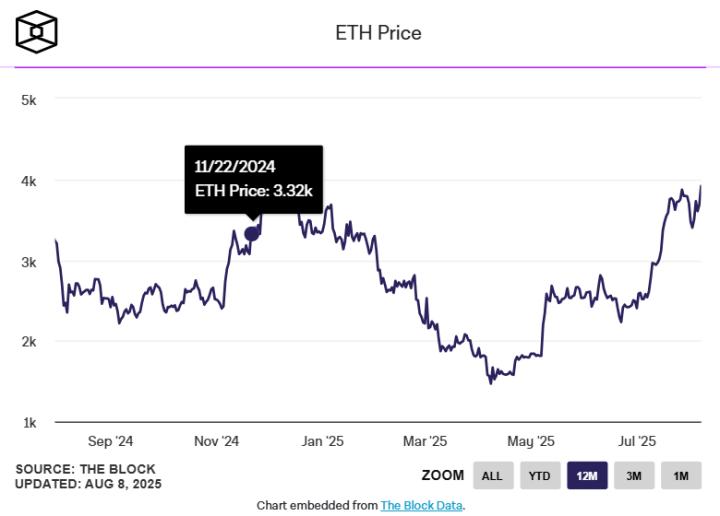China Demands Halt to Domestic Stablecoin Promotion Due to Risk Concerns, While Simultaneously Promoting Similar Projects in Hong Kong and International Markets.
Chinese regulators recently issued a directive requiring domestic enterprises to cease promoting, organizing conferences, and publishing research related to stablecoins. According to sources from Bloomberg, this decision stems from authorities' concerns about the potential misuse of stablecoins for fraudulent activities and herd speculation.
Christopher Wong, a currency strategist at Oversea-Chinese Banking Corp., assesses that policymakers in Beijing are acting pragmatically to prevent individual investors from participating in markets they do not fully understand the risks of.
Previously, banks were instructed to strengthen monitoring and warn about high-risk crypto asset transactions, particularly those related to cross-border gambling and illegal financial activities. The goal is to protect domestic financial system stability from digital asset volatility.
However, the overall picture reveals a complex and calculated strategy. While the mainland applies strict regulations, Hong Kong emerges as a legal testing framework for stablecoins. The special administrative region recently deployed a new stablecoin issuance framework, paving the way for activities banned on the mainland.
A clear example is the Hong Kong branch of Standard Chartered – one of three organizations permitted to issue Hong Kong paper money – announcing a joint venture with Web3 company Animoca Brands to develop a HKD-pegged stablecoin. Chinese technology corporations like JD.com and Ant Group are also advancing plans to obtain stablecoin issuance licenses in Hong Kong and Singapore.
Activities are not limited to Hong Kong. Stablecoin projects pegged to the Renminbi (CNH) are being developed to serve international markets. The Conflux blockchain has introduced a CNH-backed stablecoin, while AnchorX's AxCNH project received approval in Kazakhstan. These currencies are designed to serve organizations outside the mainland and countries within the Belt and Road Initiative.






